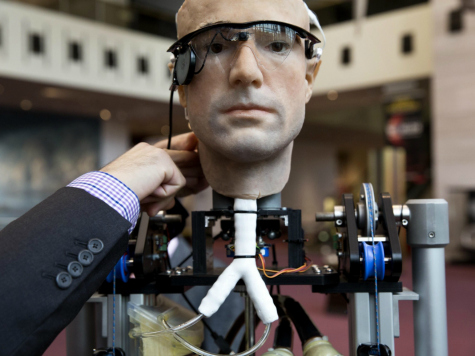A new step has been taken on the path toward making education universal, electronic, and modern – and perhaps just a little bit dehumanized.
A group of researchers at Stanford University has engineered a computer program which can process thousands of students’ submissions for an assignment in a computer programming course. This “robotutor,” called Codewebs, indexes submissions into “snippets” and groups these according to common features. The program, among other things, counts the number of distinct keystrokes required to get from one student’s work to another’s.
Whether the common themes in students’ work are then correct or incorrect, instructors can “write feedback, then have it automatically sent out to all of the students who wrote similar solutions to their problem sets.”
Other “robotutor” programs automatically dispense feedback in realtime. “You receive feedback just as you would from a teaching assistant in a real lab,” says Sanja Seshia of one such program soon to be in use in her U.C. Berkeley robotics course. The presence of such a “robotutor” is thought to encourage students to stay along the right path to a solution to a problem, or dissuade them from a false one.
Is computerized grading an answer to “sleep-starved Teaching Assistants” and other, less scrupulous failures of higher education? Or is it better read as deepening a lack of personal contact and mentorship that drives poor results?
We may soon find out if “robotutor” programs gain traction and spread into other disciplines. “Math is the next frontier,” says Chris Piech, one of the authors of Codewebs.

COMMENTS
Please let us know if you're having issues with commenting.